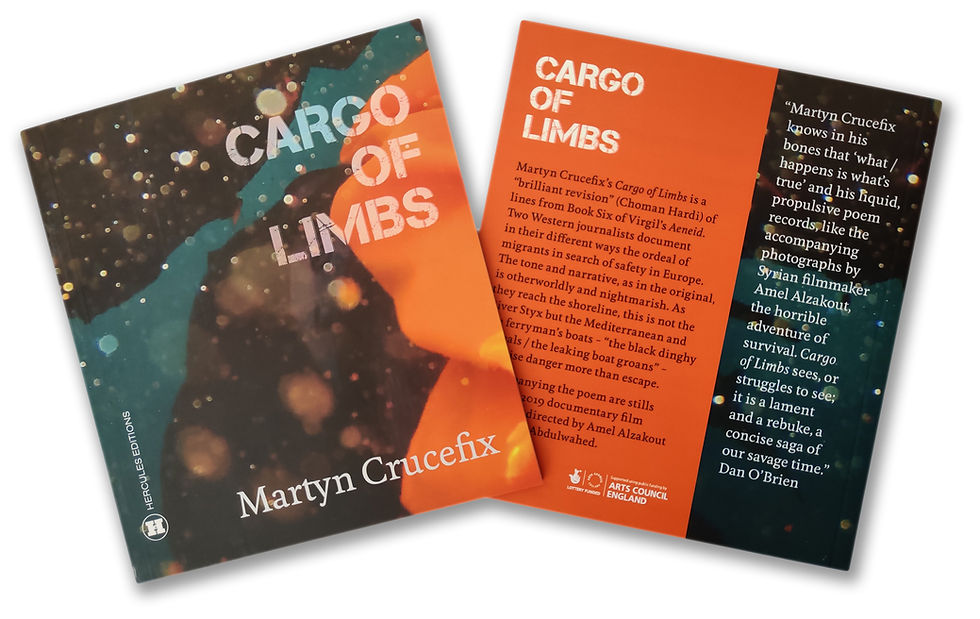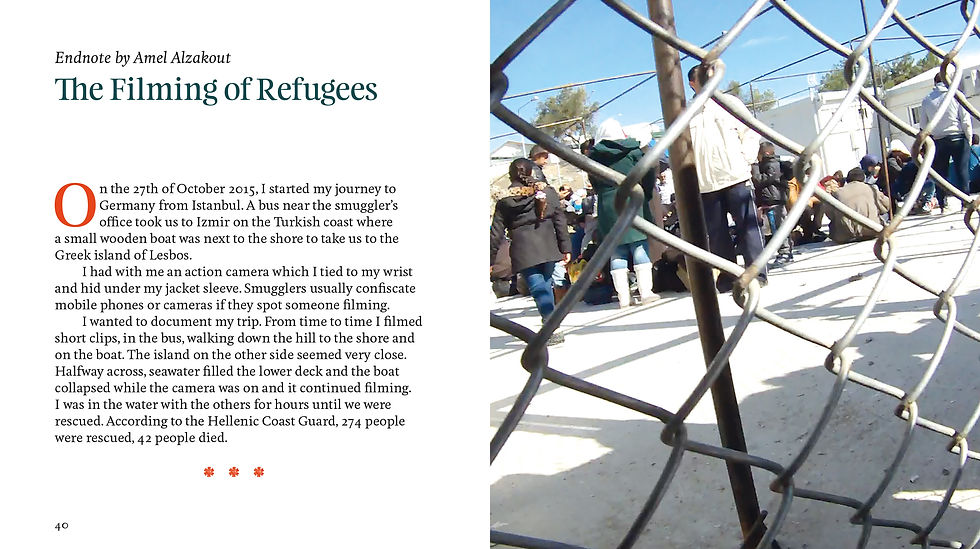As Hercules Editions launches Hercules Papers, a new series of pamphlets of essays by poets, Clara Karlsson interviews David Wheatley, the author of the first title to be published, The Wandering Mountains

What led you to the decision to frame each chapter with a quotation from Tim Robinson? How do his texts inform yours?
The commission to write The Wandering Mountains came just after the death from the Coronavirus first of Máiréad Robinson and then her husband Tim shortly afterwards, in London. I was aware that they had tried unsuccessfully to return to Connemara and felt terribly sad about their dying so far from the place where they had lived so long and had made their own. Tim’s work has always been an inspiration to me, so I thought it might be an idea to organise my work around quotations from his. The quality of haecceitas, or ‘thisness’, in his writings on the West of Ireland is incomparable, his God’s-eye-view of place and the ground below our feet. There is one small difference worth signalling, though. In all the chapters of The Stones of Aran and the Connemara Trilogy, I can’t remember Tim ever getting lost and scratching his head despairingly over a map (he would have been the map-maker anyway) – except in his cosmic sense of our aloneness on the planet, which comes through strongly in his more geological moments. Whereas with me, on the most banal level, I am forever going astray, as I describe in the text.
Since you are primarily a poet, what is your relationship with prose-writing? What made the subject of this text better suited to be expressed through prose rather than poetry?
I have written large amounts of prose down the years, much of it of the hack-journalistic kind. But not all. I’ve written a memoir in prose poetry, and suspect I have the soul of an essayist – I venerate Hazlitt and De Quincey, and think of some of my favourite poets (Elizabeth Bishop, Lorine Niedecker) as essayists in verse. So why not, I tell myself.
In the text, you mention that you have shared great parts of your life between Ireland, England, and Scotland. How have each of these countries affected your sense of nationality, and how have they informed you as a writer? Would you consider yourself or your writing to belong more to one place than the others?
Like ancient Gaul, my life divides into three parts, though life abroad hasn’t exactly been a Roman conquest. In fact, I suspect it has ended up delivering me to a strange hybrid of the three countries with an extra fictive quality of its own. Just as the German poet Johannes Bobrowski inhabited a mindscape he called Sarmatia (a Germanic vision of Eastern Europe), perhaps I am a citizen of Pictland, a place where Irish people come to look at Scottish mountains while worrying feverishly about Brexit English nationalism. A strange aspect of Irish immigration into Britain is how it remains unchecked, meaning my sense of difference never comes up against the harder realities of visa requirements or a citizenship test, as it would if I was Nigerian or Chinese. I therefore think of myself as a kind of sub-citizen, lurking below the radar here in Scotland. This allows for a certain freedom to breathe, I find.

Throughout the text, the lines between mind and material seem to be increasingly blurred. The most prominent example of this are the titular wandering mountains, for which it is uncertain how much of their journey is taking place in real life, or in the narrator’s mind. How would you say that your mindscape has affected the landscape, or vice versa?
I just praised Tim Robinson for the materialist haecceitas of his work, but I think physical journeys are mental journeys too. His philosophy of the step, for instance, lends itself very well to a phenomenological reading: it makes me think of the feeling you get when you walk down the stairs in the dark and think there’s an extra step, but there isn’t. You are already taking that step in your mind, regardless of what your foot does. When I think of the journeys I am not currently free to make up mountains for instance (for parenting reasons), I think of these tentative feints in the dark. “O the mind, mind has mountains”, as Gerard Manley Hopkins once said, in a slightly different context…
You mention in the text that the imposed isolation during lockdown has not affected your physical reality in any obvious ways. But as is also evident from your writing, the isolation has affected you in a psychological sense. Do you think the isolated mentality has informed your writing?
I’m a great admirer of the work of W. G. Sebald but am aware of a strange tic in his work, where the narrator goes for long walks, both rural and urban, but never seems to meet or talk to anyone. And yet what is his writing if not one long conversation with the shades of history? I wouldn’t want my musings on social displacement in the Scottish countryside to seem like exercises in splendid isolation. There will always be some kind of latticework of connections across these divides, however subtle or secret. On one level Bobrowski’s poems are unpeopled dreamscapes, but on another they crystallise the truth of the postwar GDR experience. How you translate the one into the other I don’t know. Maybe that’s the reader’s job, not mine.
The presence of Gaelic names and poetry also seem to play into the theme of how material and immaterial realities affect each other. An example of which is the misunderstanding of the name Gownie Hill, and how its name informs people on how to view it. How would you say that languages, especially languages that are so tightly tied to certain geographical areas such as Gaelic and Scots, affect the way in which people interpret the world around them?
In Tim Robinson’s work there is a constant delight in the ‘drunkenness of things being various’, of the layer upon layer of stories lurking in the smallest detail on the map. I will mention Nan Shepherd too, in the Scottish context. The Gaelic aspect is central to her work too, but a part of me worries about the transferability of this approach to other places – let’s say Tunbridge Wells or Milton Keynes – where these historical palimpsests are unavailable. The short answer to that is they are available really, just in forms we may not have found yet. I see psychogeography, if anyone still uses that poor, old, half-baked term, as an attempt to re-enchant the beige spots on the map (Tunbridge Wells and Milton Keynes again) and give them an occult dignity of their own. But the vortex of linguistic plurality is very appealing, yes. Maybe my next frontier will be Norse Scotland – the Scotland of the Orkneyinga and the Norn speakers of Shetland.

Lastly, an underlying theme of your text, apart from the isolation, language and nature, is your son, Felix. In what way would you consider that his role as your son, and your role as his father, has had an effect on your role as a writer?
My son has had a very noticeable effect on my writing, not least in the fact that he is physically climbing all over me now as I write this, in bed. He seems supportive of my efforts but surprised me the other day when he ordered me to stop reading a book because “you can’t do that, you don’t know words”. My daughter Morven is just at the stage of becoming verbal now, too, and greedily learning the names of wildflowers. In fact, she corrected me when I got one wrong on a walk recently. Children are wonderful sources of inspiration but take them for granted at your peril.
Clara Karlsson is a graduate of the University of Aberdeen and a translator from Swedish. Photographs © David Wheatley

'The Wandering Mountains' is available from the Hercules Editions online shop for £5











